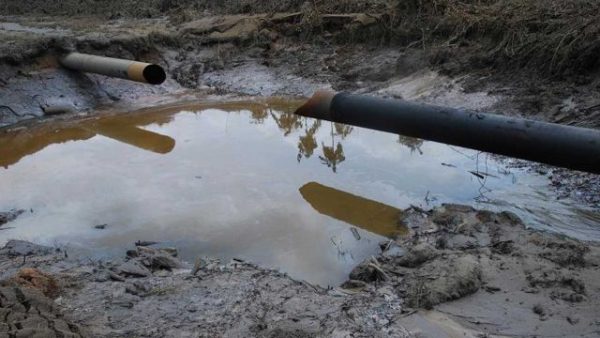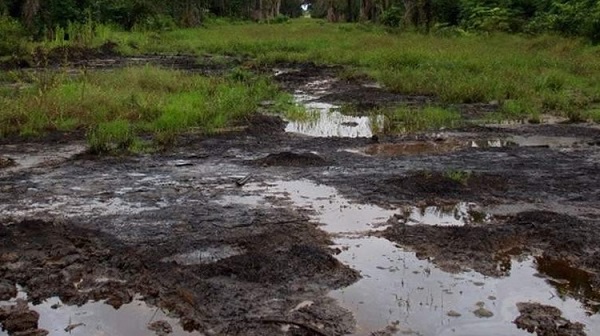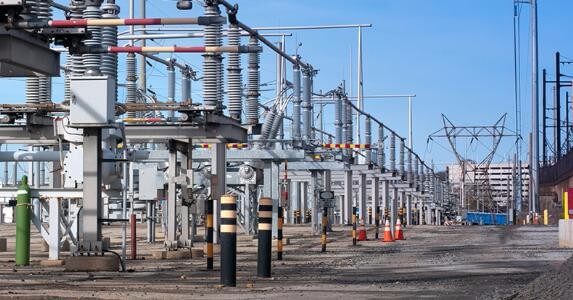Nigeria’s Petroleum Ministry To Address Pipeline Vandalism, Data, Gas Flaring Challenges

A total of N1.4 billion has been voted by the Ministry of Petroleum Resources to address critical challenges affecting Nigeria’s oil and gas sector, especially pipeline infrastructure as well as inadequate data.
Nigeria’s oil pipeline vandalism hits an all-time high of 115 per cent in July this year after the figure of the June attacks stood at 77 per cent indicating that 106 pipeline points were breached against the 60 points vandalised in May.
The Ministry, though yet to receive funding for its capital projects under the 2019 budget, has identified petroleum pipeline infrastructure rebirth as a priority in the coming year.
Details of the Ministry’s budget documents for 2019 and 2020, indicated that it would focus on about 13 capital projects, as most of its agencies, comprising about 12 departments and eight parastatals are either not funded or partially funded.
In the 2020 Appropriation Bill, the Ministry admitted that the country’s pipeline infrastructure has been under intense pressure due to aging, vandalism, and leakages thereby negatively impacting the economy.
A total of N2.9 billion was voted by the Ministry, which planned to expend about N690 million on personnel, N736 million on overheads and N1.4 billion on capital projects.
In 2019, the Ministry budgeted N709 million for personnel of which N478 million has been released by the office of the Accountant General of the Federation, N711 million for the overhead of which N257 million has been disbursed, and N1.4 billion for a capital project of which no fund has been released.
While Nigeria has been unable to meet crude oil production targets, the Ministry insisted that the production would hit 3 million barrels per day, in efforts to support the next level agenda of the current administration.
It noted that the pipeline project would serve as a key stimulant for the infrastructural renaissance of the pipeline systems to trigger accelerated increased production in the Nigerian oil and gas industry.
This comes when stakeholders urged collaborative measures that would bring a lasting solution to pipeline vandalism as the country recorded a total of 45,347 pipeline breaks in the past 18 years, with as much as 22 million barrels of crude were reportedly stolen in the first half of 2019.
The Ministry equally revealed that it would improve the oil and gas database in the country, to serve as a one-stop-shop data collection, harmonisation, and efficient management for its parastatals and other stakeholders in the industry.
The documents noted that a Niger Delta Development Compact has been developed and presently awaiting approval of the Federal Executive Council in efforts to ensure the realisation of developmental projects in the region, through compact accountability and transparency to help ease restiveness in the region.







